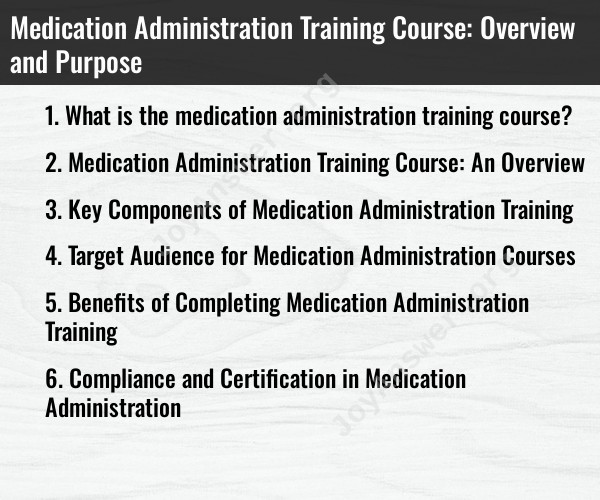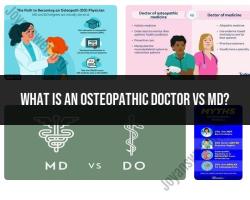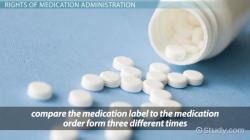What is the medication administration training course?
A Medication Administration Training Course is a specialized training program designed to educate individuals, typically healthcare professionals or caregivers, on how to safely and accurately administer medications to patients or clients. The primary purpose of such a course is to ensure that medications are given correctly, minimizing the risk of errors that could harm the patient and to promote patient safety.
Here is an overview of the Medication Administration Training Course:
Purpose:
Patient Safety: The primary purpose is to ensure the safety of patients or individuals receiving medications. Proper medication administration helps prevent errors that could lead to adverse effects, such as incorrect dosages, drug interactions, or allergic reactions.
Legal and Regulatory Compliance: Many healthcare professions and caregiving roles are subject to strict regulations regarding medication administration. Completing this training course helps professionals and caregivers comply with these regulations and legal requirements.
Skill Development: The course provides participants with the knowledge and skills required to handle, prepare, and administer medications correctly. This includes understanding the different routes of administration (oral, intravenous, intramuscular, etc.), calculating dosages, and ensuring that the right medication is given to the right patient.
Key Components of the Course:The specific components of a Medication Administration Training Course may vary depending on the institution or organization offering it, but typically, it covers the following:
Medication Safety: Training on how to handle medications safely, including storage, labeling, and expiration date checking.
Dosage Calculation: Instruction on calculating and measuring medication dosages accurately.
Routes of Administration: Understanding the different methods of delivering medications, such as oral, intravenous, subcutaneous, and intramuscular administration.
Patient Assessment: Learning to assess a patient's condition and medication history to ensure safe administration.
Documentation: Proper documentation of medication administration, including the date, time, dosage, and any observed reactions or side effects.
Legal and Ethical Considerations: Understanding legal and ethical responsibilities related to medication administration.
Safety Protocols: Procedures for addressing and preventing medication errors, as well as responding to adverse reactions.
Practical Training: Hands-on practice in a controlled environment, such as a simulation lab, to develop practical skills.
Certification: Many Medication Administration Training Courses provide a certification upon successful completion. This certification can be valuable for professional development and job opportunities, especially in healthcare settings.
It's essential for healthcare professionals, caregivers, and anyone responsible for administering medications to undergo this training to ensure the well-being and safety of patients or individuals under their care. The course helps to establish standardized practices, reduce errors, and promote best practices in medication administration.
Medication Administration Training Course: An Overview
Medication administration training is a course that teaches individuals how to safely and effectively administer medications to patients. The course covers a variety of topics, including:
- Different types of medications and their routes of administration
- Medication safety and side effects
- Medication interactions
- Patient assessment
- Documentation and record keeping
Key Components of Medication Administration Training
The key components of medication administration training include:
- Medication safety: This includes teaching individuals how to identify and avoid medication errors.
- Medication knowledge: This includes teaching individuals about different types of medications, their uses, and their side effects.
- Patient assessment: This includes teaching individuals how to assess a patient's condition and needs before administering medication.
- Medication administration skills: This includes teaching individuals how to safely and effectively administer medications via different routes of administration.
- Documentation and record keeping: This includes teaching individuals how to properly document medication administration in patient records.
Target Audience for Medication Administration Courses
Medication administration training is designed for a variety of healthcare professionals, including:
- Nurses
- Nursing assistants
- Pharmacy technicians
- Medical assistants
- Paramedics
- Emergency medical technicians
Benefits of Completing Medication Administration Training
There are many benefits to completing medication administration training, including:
- Reduced risk of medication errors: Medication administration training can help to reduce the risk of medication errors, which can lead to serious patient harm.
- Improved patient safety: Medication administration training can help to improve patient safety by ensuring that medications are administered correctly and safely.
- Increased job opportunities: Medication administration training can increase job opportunities for healthcare professionals, as many employers require certification in medication administration.
- Professional development: Medication administration training can help healthcare professionals to develop their skills and knowledge, which can lead to career advancement opportunities.
Compliance and Certification in Medication Administration
In many states, healthcare professionals are required to be certified in medication administration in order to practice. Certification can be obtained through a variety of organizations, such as the National Council for Medication Aide Certification (NCMAC) and the National Association of Medication Technicians (NAMT).
In addition to certification, some employers may require healthcare professionals to complete medication administration training on a regular basis. This helps to ensure that healthcare professionals are up-to-date on the latest best practices for medication administration.
Overall, medication administration training is an important investment for healthcare professionals. By completing medication administration training, healthcare professionals can improve patient safety, reduce the risk of medication errors, and increase their job opportunities.













